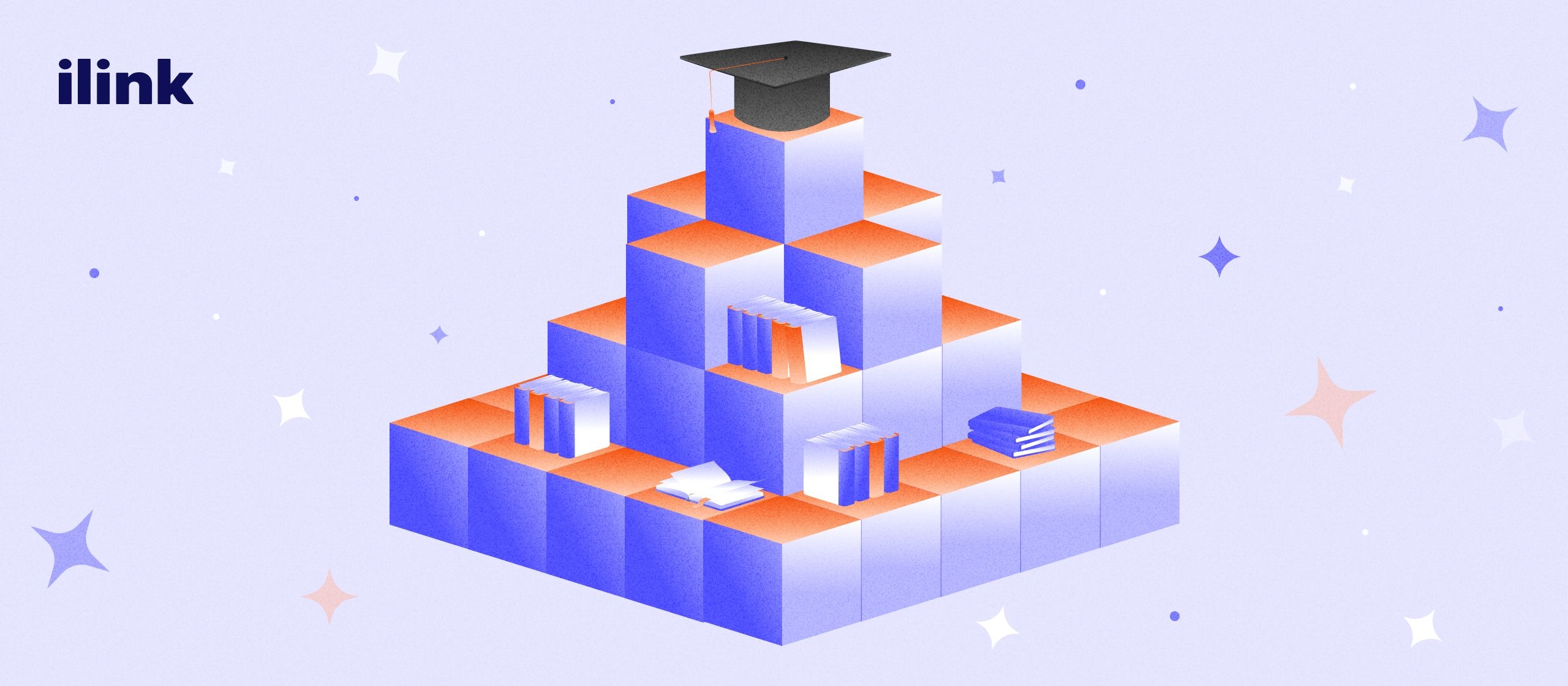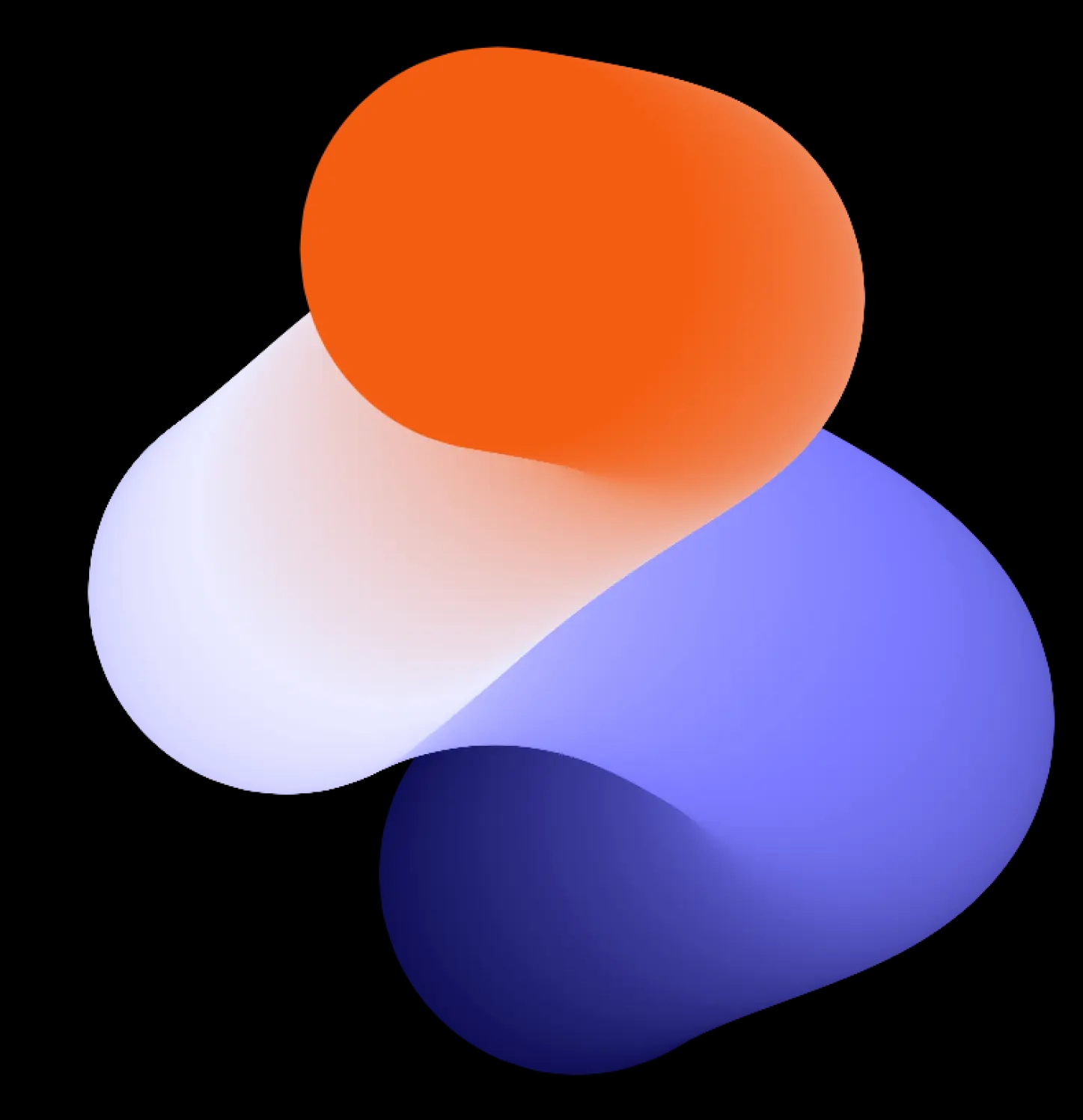Blockchain Development Team: Key Roles and Responsibilities for Building a Successful Blockchain Project

Introduction
The demand for blockchain technology has soared in recent years, with industries such as finance, supply chain, and healthcare exploring its potential. The blockchain technology market is projected to grow to $393.42 billion by 2032.
As blockchain becomes more mainstream, assembling a highly skilled blockchain development team is essential for building secure and scalable blockchain solutions. Each member of a blockchain development team plays a unique and crucial role in ensuring the success of a project.
In this guide, blockchain development company ilink will dive into the key roles in a blockchain development team, the necessary skills for each role, and the tools and methodologies that help these teams collaborate efficiently and deliver top-notch blockchain applications.
What is Blockchain?
Blockchain is a decentralized digital ledger that records transactions across a network of computers in a secure and transparent way. Instead of relying on a central authority, blockchain distributes information across participants, making it nearly impossible to alter or tamper with past records. Each transaction is stored in a block, linked to the previous one, forming a continuous and immutable chain of data. This structure ensures transparency, enhances trust, and improves security, making blockchain a powerful tool for industries that require verifiable and tamper-proof records.
What is a Blockchain Developer?
A blockchain developer is a specialist who designs, builds, and maintains applications or platforms based on blockchain technology. Their responsibilities include creating smart contracts, developing decentralized applications (dApps), ensuring security protocols, and integrating blockchain networks with existing systems. Blockchain developers typically work with programming languages such as Solidity, Rust, or Go, and use frameworks tailored to blockchain ecosystems like Ethereum, Hyperledger, or Solana. Their role is critical for translating blockchain’s potential into real-world solutions, from financial platforms to supply chain tracking systems.
What is a Blockchain Development Team?
A blockchain development team is a group of professionals responsible for building and maintaining blockchain-based systems, decentralized applications (dApps), and smart contracts. Blockchain development requires specialized knowledge of cryptographic techniques, distributed ledger technology, and various blockchain platforms like Ethereum, Hyperledger, and Corda.
Blockchain development teams work on both technical aspects (coding, infrastructure) and conceptual components (designing user interfaces and ensuring security). The success of a blockchain project depends on how well these roles collaborate and execute their responsibilities.
Key Roles in a Blockchain Development Team
Building a strong blockchain development team structure involves selecting professionals with expertise in key areas. Blockchain development company ilink has prepared a list of key roles in the blockchain development team:
Frontend Developer
Role Overview - The Frontend Developer is responsible for building the user-facing part of a blockchain application or dApp. This includes developing the website or interface that users interact with.
Key Responsibilities
- Develop user interfaces using HTML, CSS, and JavaScript;
- Ensure the interface is responsive and compatible with various devices;
- Work with UI/UX designers to implement a user-friendly design;
- Optimize frontend performance for faster load times.
Skills Required - React, Vue.js, JavaScript, HTML/CSS, responsive design principles.
Backend Developer
Role Overview - The Backend Developer focuses on the server-side logic, ensuring smooth communication between the frontend and the blockchain infrastructure.
Key Responsibilities
- Develop APIs and integrate with blockchain networks;
- Manage blockchain data storage and database interactions;
- Implement smart contracts and handle transaction logic;
- Ensure scalability and security for blockchain applications.
Skills Required - Node.js, Ruby on Rails, Solidity, Python, Blockchain frameworks like Ethereum and Hyperledger.
Blockchain Developer
Role Overview - The Blockchain Developer specializes in building the blockchain’s core infrastructure and ensuring its security and functionality.
Key Responsibilities
- Design, develop, and maintain the blockchain network;
- Create smart contracts and deploy them on the blockchain;
- Ensure decentralization, security, and scalability of the blockchain system;
- Work with consensus algorithms to validate transactions.
Skills Required - Solidity, Hyperledger Fabric, Corda, Blockchain architecture design, Cryptography.
Smart Contract Developer
Role Overview - Smart contracts are self-executing contracts with the terms of the agreement directly written into code. The Smart Contract Developer specializes in creating and auditing these contracts.
Key Responsibilities
- Develop, test, and deploy smart contracts on the blockchain;
- Work with other developers to integrate smart contracts into dApps;
- Ensure the security and functionality of smart contracts;
- Conduct audits and handle the vulnerabilities of smart contracts.
Skills Required - Solidity, Vyper, Ethereum, Smart contract testing tools like MythX.
Security Expert
Role Overview - The Security Expert is responsible for identifying and mitigating potential vulnerabilities in the blockchain system.
Key Responsibilities
- Perform regular security audits on blockchain code and infrastructure;
- Implement encryption and authentication protocols;
- Design security systems to protect user data and ensure compliance with regulations;
- Monitor the blockchain network for vulnerabilities and unauthorized activities.
Skills Required - Cryptography, Penetration testing, Security auditing, Blockchain security standards like OWASP.
UI/UX Designer
Role Overview - The UI/UX Designer focuses on designing the visual aspects of the blockchain application, ensuring a seamless and intuitive user experience.
Key Responsibilities
- Create wireframes and prototypes for blockchain applications;
- Design the user interface (UI) of decentralized applications (dApps);
- Conduct user testing to improve usability;
- Work closely with frontend developers to implement designs.
Skills Required - Sketch, Figma, Wireframing, Prototyping, Usability testing.
DevOps Engineer
Role Overview - The DevOps Engineer ensures that the blockchain network and application are deployed, maintained, and scaled efficiently.
Key Responsibilities
- Manage cloud infrastructure and automation tools for deployment;
- Set up and monitor continuous integration/continuous deployment (CI/CD) pipelines;
- Ensure the blockchain network is scalable and can handle increasing transaction volumes;
- Collaborate with developers to improve the development and deployment process.
Skills Required - AWS, Docker, Kubernetes, CI/CD tools like Jenkins, Azure.
Product Owner Role Overview - The Product Owner is the liaison between stakeholders and the blockchain development team. They represent the business side of the project and ensure that the final product aligns with market needs.
Key Responsibilities
- Define the product vision and roadmap;
- Prioritize features based on business value and user feedback;
- Ensure the development team understands business requirements;
- Collaborate with stakeholders to refine the product’s features.
Skills Required - Business analysis, Agile methodology, product management, communication skills.
How to Build the Right Blockchain Development Team
So how do you assemble a quality team? Building an effective blockchain development team starts with recruiting the right talent. The company ilink shared its experience and knowledge step by step::
- Recruiting the right talent. Look for blockchain developers with experience in specific platforms like Ethereum or Hyperledger.
- Cross-functional collaboration. Ensure that team members, such as smart contract developers and UI/UX designers, work closely together to achieve common goals.
- Team culture. Foster a collaborative culture that encourages innovation and continuous learning, as blockchain technology is rapidly evolving.
- Remote vs in-house. Consider whether your team will work remotely, in-house, or in a hybrid model, based on project requirements and company structure.
Tools and Technologies for Blockchain Development
The right tools and technologies are essential for successful blockchain development. Some common tools and platforms used by Ilink’s blockchain development teams include:
- Ethereum. A decentralized platform for building and deploying smart contracts and dApps.
- Solidity. A programming language for writing smart contracts on the Ethereum blockchain.
- Hyperledger. A modular framework for building enterprise-level blockchain applications.
- Truffle suite. A popular development environment for writing, testing, and deploying smart contracts.
- Ganache. A personal blockchain used for testing Ethereum contracts.
- MythX. A security analysis tool for smart contracts.
These tools enable blockchain developers to create secure and scalable blockchain-based solutions.
Blockchain Development Methodologies
When working with a blockchain development team, it’s important to choose the right development methodology. We have prepared a list of common development methodologies:
- Agile. An iterative and flexible approach that focuses on continuous improvement and feedback.
- Scrum. A subset of Agile, Scrum organizes work into sprints and focuses on quick delivery of features.
- DevOps. Focuses on collaboration between development and operations teams for continuous delivery.
These methodologies help blockchain teams remain adaptable and deliver high-quality solutions efficiently.
The Future of Blockchain Development Teams
As blockchain technology continues to evolve, so too will the roles and skills required for blockchain development teams. Emerging technologies like AI, machine learning, and internet of things (IoT) are likely to intersect with blockchain, creating new opportunities and challenges for developers.
The growing demand for blockchain professionals will lead to increased investment in talent, tools, and training programs. It is predicted that there will be at least 1 million blockchain developers worldwide by 2030. Blockchain development teams will continue to evolve, adapting to the needs of businesses in industries ranging from finance to healthcare.
As blockchain technology becomes more integral to various industries, assembling a skilled blockchain development team is essential for delivering secure, scalable, and effective blockchain solutions. By understanding the key roles and responsibilities, selecting the right tools, and fostering collaboration, businesses can leverage blockchain to drive innovation and transformation.
Comments (0)
Latest Posts

Metaverse refers to a collective virtual space where users interact, trade, and create using virtual reality, augmented reality, and blockchain.

For startups, enterprises, and investors, learning how to build a Web3 app is more than a technical challenge, it’s a chance to lead in a fast-growing ecosystem.Kate
Do You Have Any Questions?
Leave your details - we will contact you to answer all your questions

